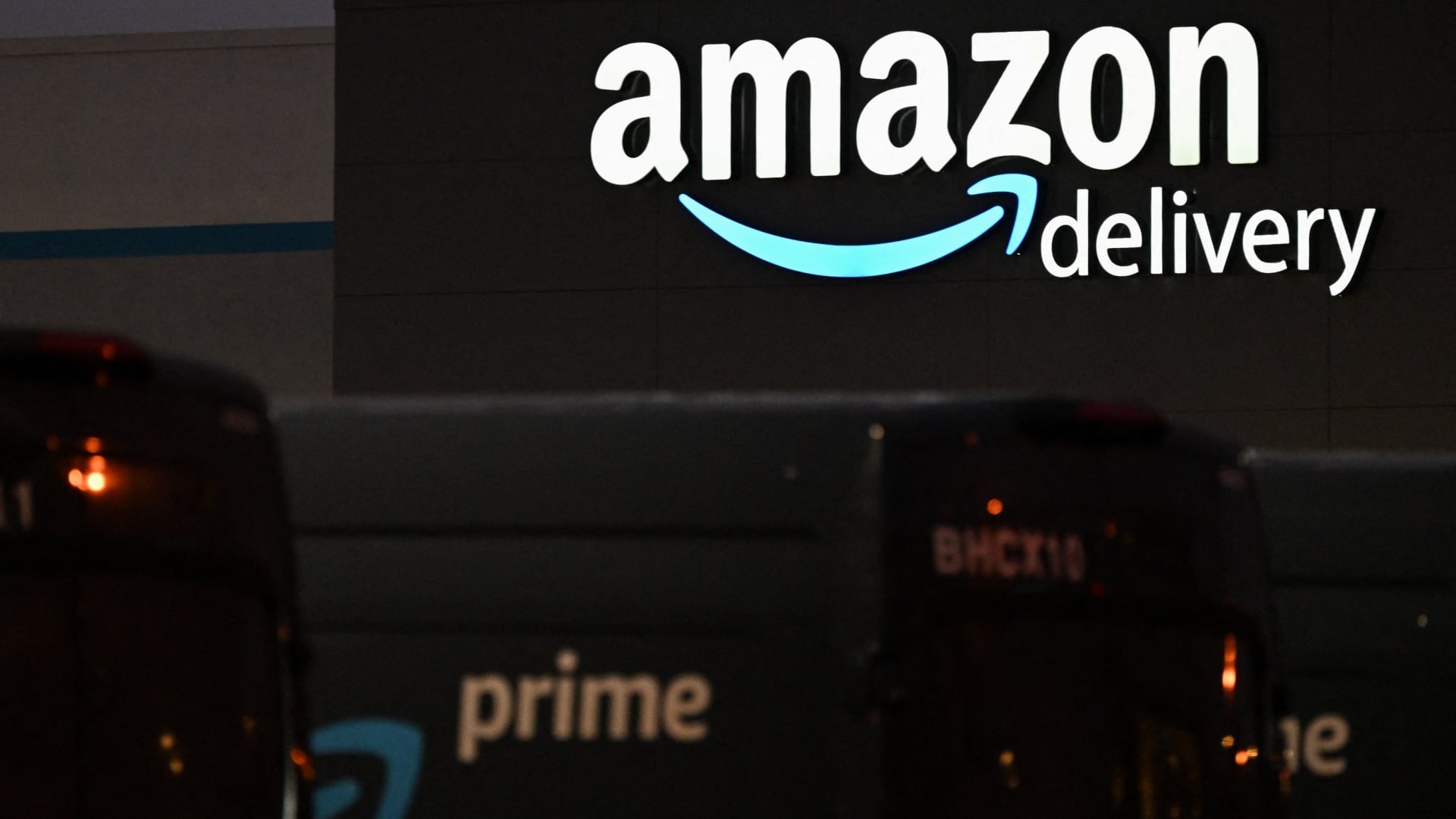In a letter to CEOs of DoorDash, Grubhub, Instacart, and Uber, Senator Elizabeth Warren (D-Mass.) called on the employers to provide gig workers with "basic rights and protections" as they perform "essential delivery work."
"Delivery workers are risking their health to keep Americans fed during this crisis," Senator Elizabeth Warren (D-MA) told Cheddar Wednesday, regarding her push to re-classify members of the gig economy as employees.
Numerous workers currently are protesting treatment by large companies, arguing that they are not adequately protected during the pandemic when many Americans are staying home to keep safe.
Instacart shoppers launched a nationwide strike Monday to demand hazard pay and health protection, and Amazon workers at a warehouse on Staten Island, New York, walked out in response to the company's handling actions. Amazon-owned Whole Foods employees held a nationwide strike on Tuesday by calling out sick to protest what they said is a lack of protections.
The debate over classifying delivery or gig workers as employees rather than independent contractors is not new, but Warren said the current crisis crystallizes the need for these protections.
"They perform essential delivery work, and they are critical to serving customers who can't leave home," she said. "These companies have a responsibility to protect their workers' health and to protect the public health."
Warren said if they were classified as employees, they would be granted basic workers' rights like paid sick leave and minimum wage.












